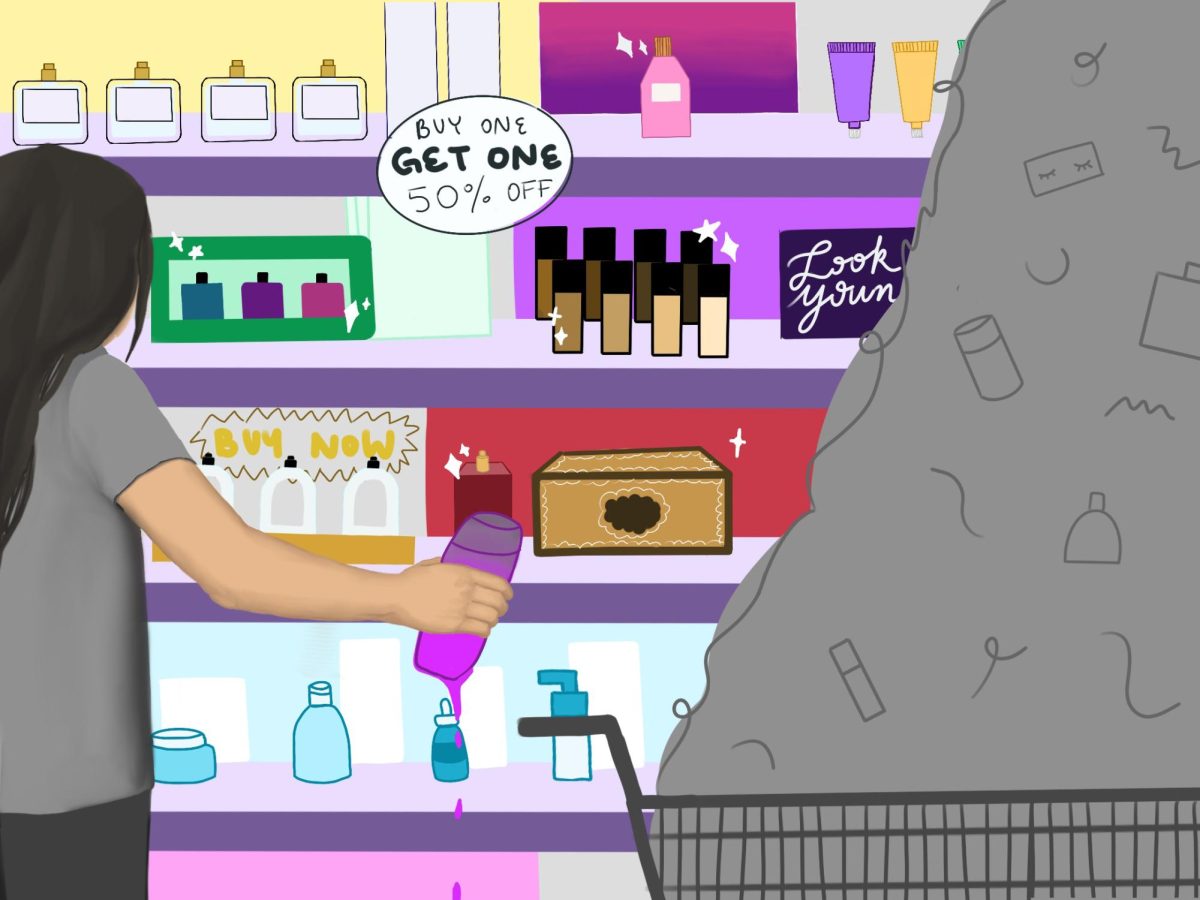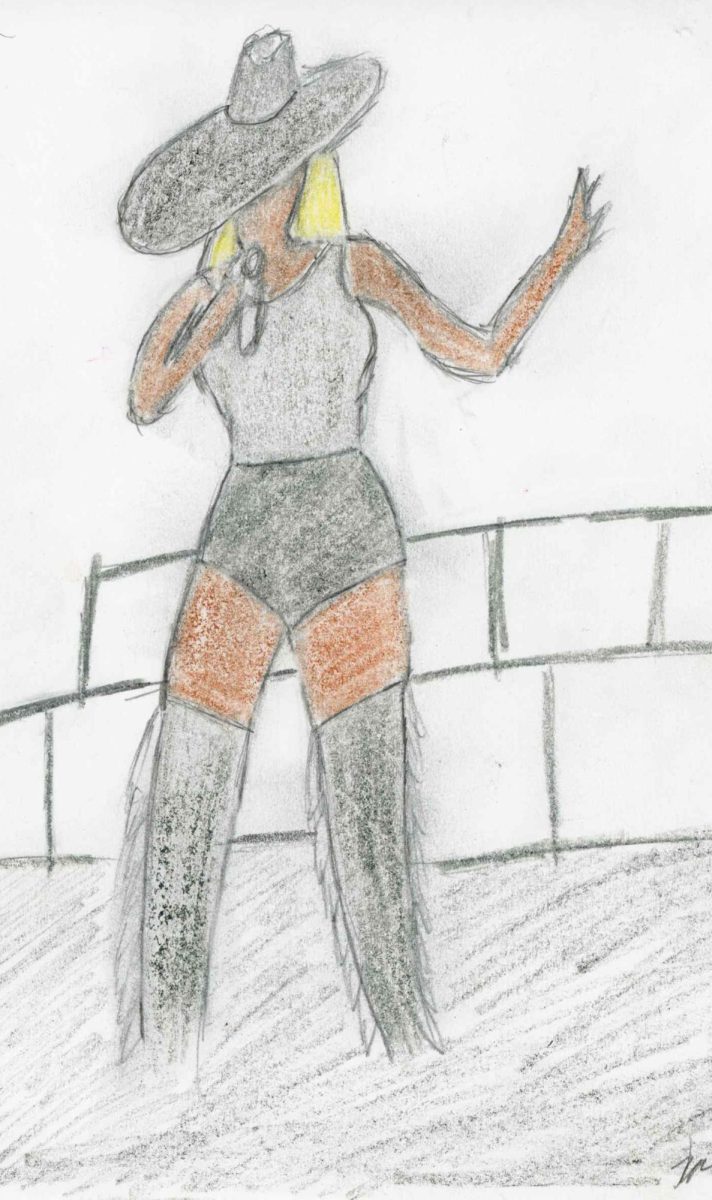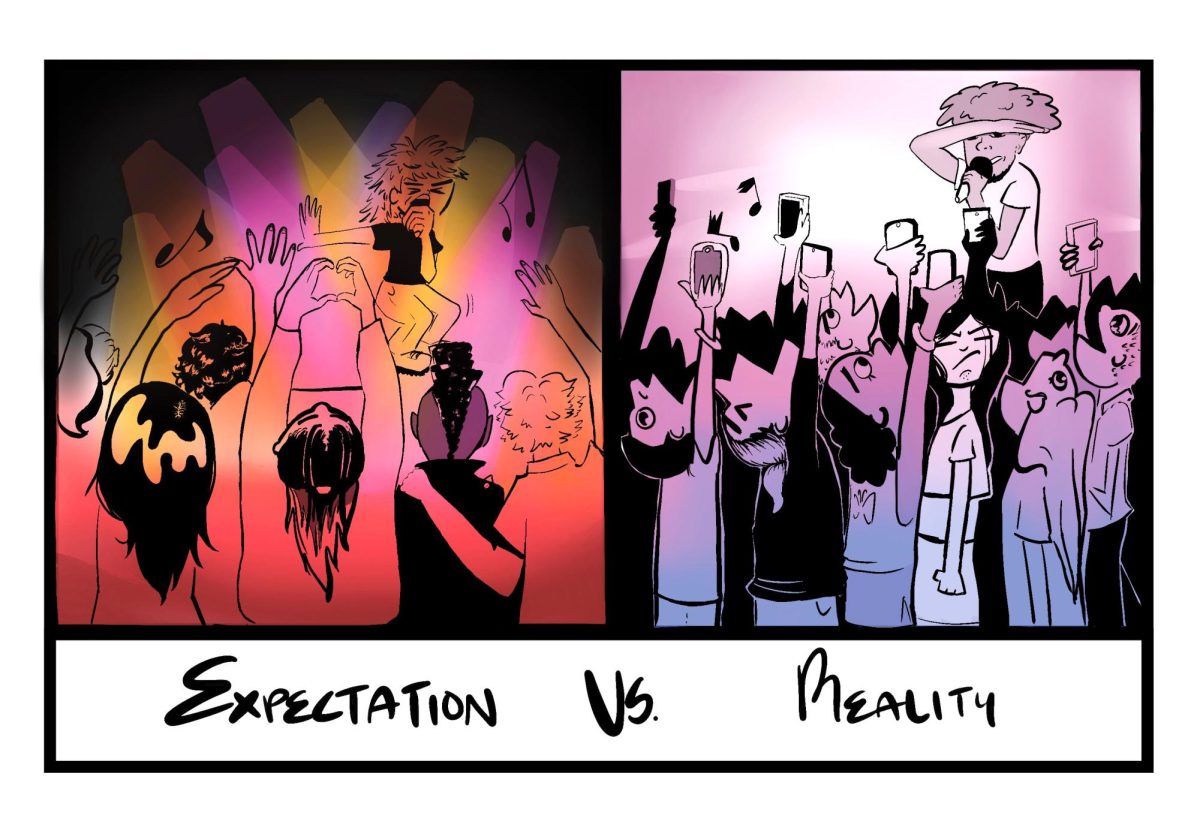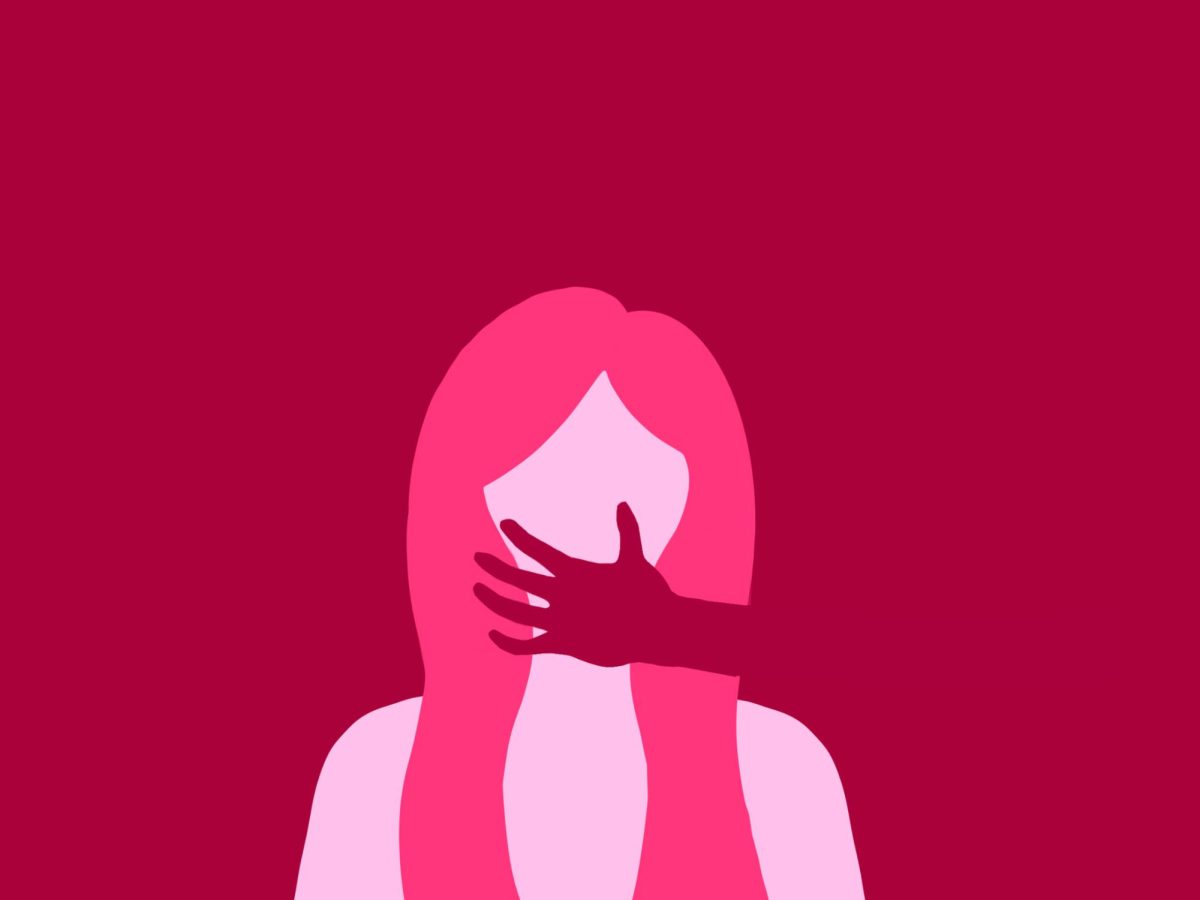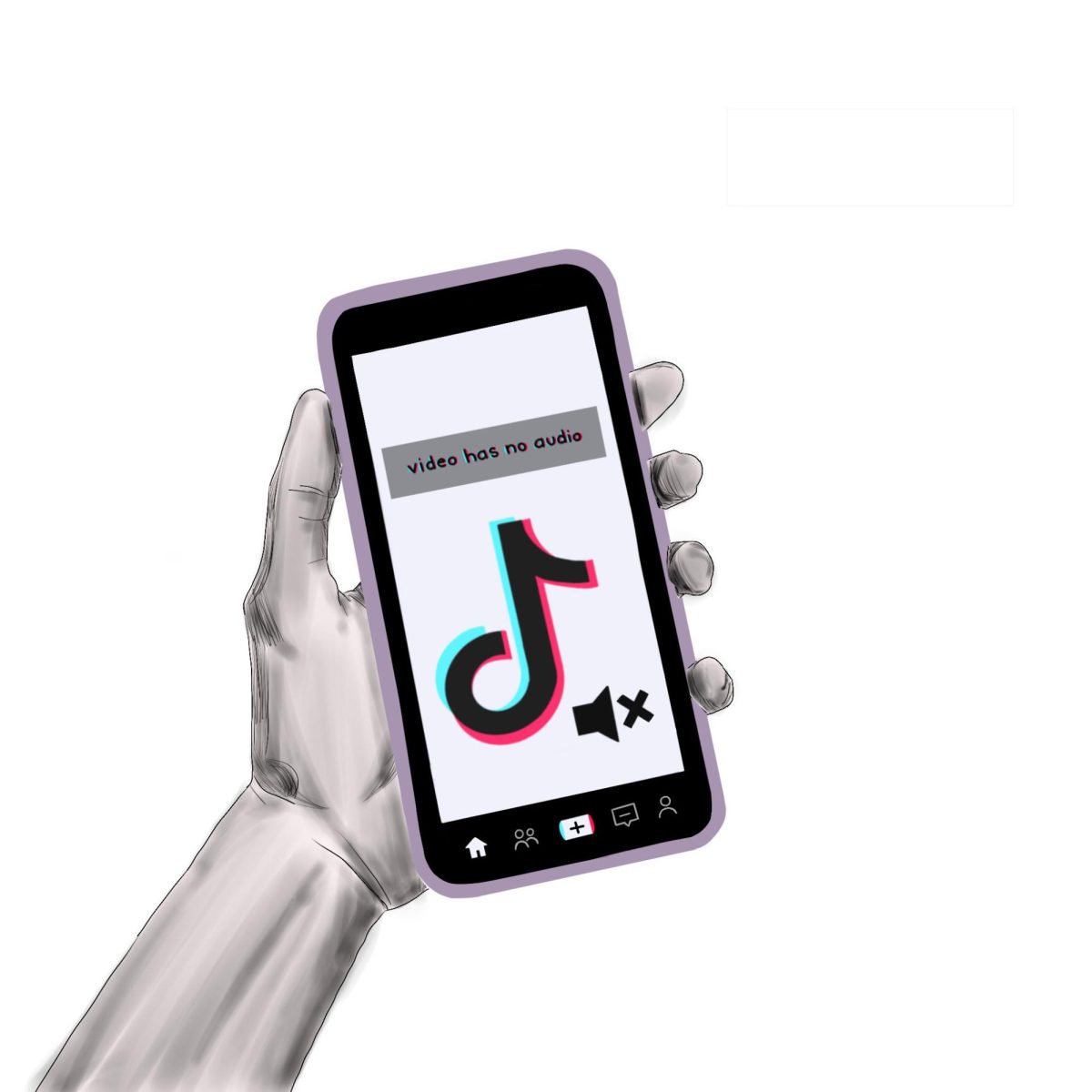By Sam Doherty
Staff Writer

With the recent U.S. Supreme Court same-sex marriage case hearings for couples in Kentucky, Michigan, Ohio and Tennessee, the country is watching to see if a nationwide ruling will take effect this summer. The ruling has potential to drastically change precedents across state lines and reach into the sports world.
Former Baylor University Bear star athlete Brittney Griner was quoted in an interview with “Sports Illustrated” reporter Richard Deitsch saying Baylor has a policy in which student athletes aren’t allowed to come out as openly gay or lesbian, or answer questions about being gay. To me, this is a major problem. If a highly touted university such as Baylor can have a policy like this, what message does it send to athletes or students who go there? Or even to the fans who root for them?
In my opinion, the policy is telling us that being gay is wrong. Being told to be silent when it comes to talking about oneself is telling that person to be ashamed of who they are.
Just as Brookhaven College has a student handbook, Baylor University has one of its own. The policy Griner was speaking about appears in Baylor’s student handbook and is labeled “Sexual Misconduct.” According to an article in “Sports Illustrated,” the policy reads: “Christian churches across the ages and around the world have affirmed purity in singleness and fidelity in marriage between a man and a woman as the biblical norm. Temptations to deviate from this norm include both heterosexual sex outside of marriage and homosexual behavior. It is thus expected that Baylor students will not participate in advocacy groups which promote understandings of sexuality that are contrary to biblical teaching.”
In layman’s terms, this means don’t cheat on your significant other and, if you’re gay or support gay rights, don’t talk about the subject because Baylor doesn’t support it.
In an interview with “ESPN The Magazine,” Griner said Baylor wanted her to keep her sexuality private so she wouldn’t dissuade recruits from choosing their school. Specifically, Griner said her coaches told her they thought if it seemed like they condoned lesbian athletes on the Baylor women’s basketball team, parents wouldn’t let their kids come play for Baylor anymore.
I do believe they told her this, but I don’t believe what they said is true. When Deitsch asked Griner if there were other gay athletes at Baylor when she played, she said, “I was not alone.”
In an interview for “Outside The Lines” on ESPN, former Baylor basketball star Emily Nkosi went through the same thing in 2005. Even after winning a national championship for Baylor, Nkosi felt so ashamed of being gay and scared of losing her scholarship because of Baylor’s policy that she finally quit and left Baylor. Eight years later, Griner had to go through the same situation as Nkosi.
Student athletes who are thinking about attending a school such as Baylor aren’t going to choose a different college because it has gay athletes on its athletic squads. I am an athlete, and that’s the way I feel. I guess one could argue with me, and to that, I would say maybe one in 100 student athletes would be dissuaded by it, but I’d still find that highly unlikely.
In fact, it is Baylor’s policy – not the presence of gay athletes – that has the potential to be the deciding factor in a student choosing to attend another university. The louder the conversation about lesbian, gay, bisexual and transgender rights grows, the more likely citizens are to critically evaluate institutions’ policies. It doesn’t make sense for a university like Baylor to hold onto such a protocol in this day and age.
I can name only one logical reason why they would have this policy. The school doesn’t want its alumni and fans to be turned off because their favorite team has a gay athlete. If this is the underlying reason, they need to take a look around and realize we’re in the 21st century.
As a society, we are never going to fully accept gay athletes and the LGBT community in general if we still have policies like the one at Baylor.
Baylor is a private university, and has a right to make such policies. But that right doesn’t make it any less wrong.

